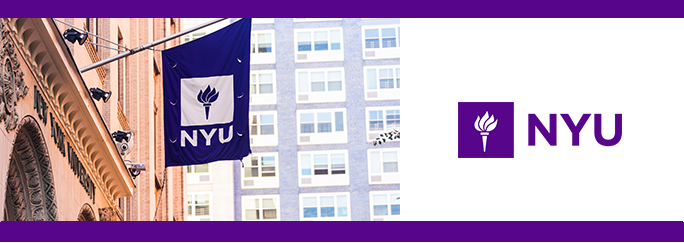
The Academic Minute from 06.22 – 06.26
Monday, June 22nd
Susan Malone – New York University
Variety in Exercise
Susan Malone, PhD, is a senior research scientist at NYU Rory Meyers College of Nursing. Her research focuses on bridging research in behavioral, biological, and environmental rhythms to chronotherapeutic interventions that mitigate type 2 diabetes risk and improve overall health. Motivated by her diverse clinical experiences, including in school nursing and outpatient diabetes education, her overarching goal is to promote health and prevent cardio-metabolic disease across the lifespan.
Tuesday, June 23rd
Deborah Archer – New York University
Racial Inequality
Deborah N. Archer is an Associate Professor of Clinical Law; Co-Faculty Director of the Center on Race, Inequality, and the Law; and Director of the Civil Rights Clinic at NYU School of Law. She is a nationally recognized expert in civil rights and racial justice, and teaches and writes in the areas of racial justice, civil rights, and clinical pedagogy. In the Civil Rights Clinic, Deborah and her students represent indigent, institutional, and pro bono clients in a range of civil rights matters, including employment discrimination, educational equity, voting rights, and criminal justice reform. Deborah is a graduate of Yale Law School, where she was awarded the Charles G. Albom Prize, and Smith College. She previously worked as an attorney with the American Civil Liberties Union and the NAACP Legal Defense and Educational Fund, Inc., where she litigated in the areas of voting rights, employment discrimination, and school desegregation.
Wednesday, June 24th
Robert Seamans – New York University
The Impact of A.I. on the Human Workforce
Robert Seamans (PhD, UC Berkeley) is an Associate Professor at New York University’s Stern School of Business where he teaches courses in game theory and strategy. Professor Seamans’ research focuses on how firms use technology in their strategic interactions with each other, and also focuses on the economic consequences of AI, robotics and other advanced technologies. His research has been published in leading academic journals and been cited in numerous outlets including The Atlantic, Forbes, Harvard Business Review, The New York Times, The Wall Street Journal and others. In 2015, Professor Seamans was appointed as the Senior Economist for technology and innovation on President Obama’s Council of Economic Advisers.
Thursday, June 25th
Luis Rodriguez – New York University
Teacher Retention
Luis A. Rodriguez is Assistant Professor of Education Leadership in the Department of Administration, Leadership, and Technology at NYU. Dr. Rodriguez’s research primarily investigates how education reform affects the K-12 teacher workforce. He is particularly interested in the identification of policies, programs, and practices capable of sustaining an equitable distribution of diverse and highly qualified teachers supporting students from traditionally disadvantaged backgrounds. In his ongoing research projects, Dr. Rodriguez examines the influence of tenure and evaluation reform on teacher retention, performance, and the incorporation of feedback into instructional practice. He has received national recognition and support for his work in these areas, including awards and grants from the National Academy of Education/Spencer Doctoral Fellowship Program, the Albert Shanker Institute, and the Association for Education Finance and Policy.
Friday, June 26th
Shahrzad Goudarzi – New York University
Economic Inequality
Shahrzad Goudarzi is a fifth year doctoral student in New York University’s Department of Psychology. She grew up in Tehran, Iran, and received her B.A. in Psychology from the University of California, Los Angeles. Broadly, Shahrzad work attempts to understand how we think, feel, and behave in light of vast inequalities. In particular, her research explores the ways in which ideology and culture shape appraisals of fairness, concern for the self and others, and emotions in the context of inequality.
